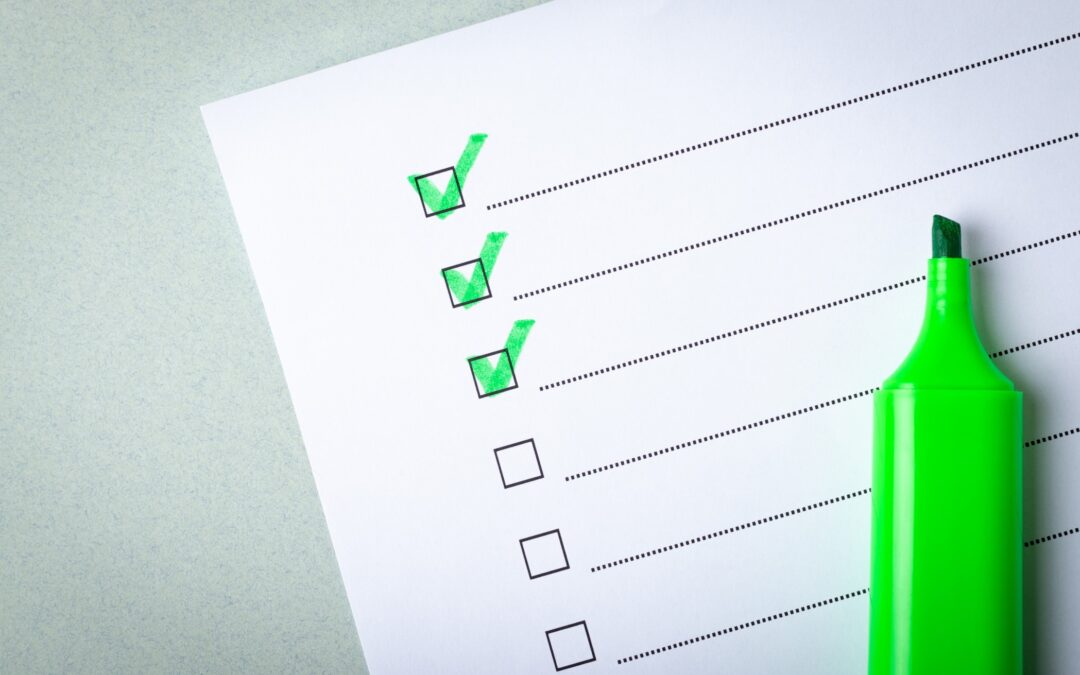While landlords are responsible for much of the maintenance and upkeep of a rented property, tenants also have a number of responsibilities of their own. Here’s an overview of what tenants need to take into consideration when moving into and renting a property.
Payment of rent
A tenant must ensure that the agreed rent is paid in full and on time every month. This will be stated in the tenancy agreement signed before moving in. If the rent is more than 14 days late, the tenant could be charged a default fee. In the worst case scenario this could also lead to the termination of the tenancy and eviction from the property.
Utility bill payments
Any bills not included in the monthly payment must also be managed by the tenant. This can include things like gas, water, electricity and council tax charges. These must be up-to-date when the tenant leaves the property at the end of the tenancy.
Property upkeep
In the vast majority of cases a tenancy agreement will state that the tenant must seek the landlord’s permission before carrying out any repairs or decoration work in the property. It is also advisable for the tenant to purchase contents insurance for personal possessions kept in the property, as the landlord’s property insurance will only cover the structural make-up of the building.
Neighbours
Tenants should always be considerate of neighbours and avoid making a disturbance that may negatively impact on their lives. Landlords may have the right to evict a tenant if they are found to be responsible for any anti-social behaviour.
No lodgers without permission
Tenants renting a property should speak to their landlord before taking in a lodger or sub-letting as it requires a change of circumstances different to those agreed to at the start of the tenancy.
Find out how to use appliances
Once the tenant has agreed to move in they should ensure they understand how to use the boiler and heating system in the property. This also applies to other appliances such as washing machines and cookers. They should also be aware of where to locate gas and electricity meters, fuse boxes and the stopcock.
Test safety equipment
The smoke alarms and carbon monoxide detectors installed in the property should be tested at least once a month to ensure they are in good working order. If the tenant is unsure how to do this they should ask the landlord for instructions.
Report faults and repairs
If the property requires any unexpected repairs or maintenance it is the tenant’s responsibility to bring these to the attention of the landlord. If a minor repair is not reported and is left to become a much larger issue that costs more money to resolve, the tenant runs the risk of losing part, or all of, their deposit.
Electoral roll
Tenants must also register to vote with the local council after moving into a new property. This is a requirement by law. Failing to register could land them with a fine of up to £1,000.
For more information on the points above, take a look at the How to Rent guide. If you have any further questions, get in touch with our friendly letting agent team who will be happy to help.

